Foreign direct investment to Argentina has plunged substantially during the Alberto Fernández presidency due to harsher currency controls and economic uncertainty, according to a new report based on Central Bank data.
The lack of an influx of hard currency was highlighted in a new study from the Fundación Libertad y Progreso think tank, which found that foreign investment in the 12 months preceding April 2023 was US$519 million – a fall of 80 percent from the 12 months prior to December, 2019, when President Fernández first took office.
"The persistent tightening of capital controls, adding to changes in ground rules and economic uncertainty, hit the flows of direct foreign investment," evaluated the think tank.
According to the report, this fall is reflected in the increasingly less weight of foreign investment within the balance of payments. Between December 2015 and December 2019 net earnings from foreign investment averaged a monthly US$218 millones, an average which fell to US$65 million (minus 70 percent) in the period December 2019–March 2023.
In that last month these earnings represented 0.7 percent of export revenue while the average of the Fernández administration is 1.1 percent, a quarter of hard currency exports during the 2015-2019 Cambiemos administration, maintained Libertad y Progreso.
The report pointed out that last March’s earnings from foreign investment reached US$38 million for an interannual fall of 56 percent, although a negative trend has been verified since the third quarter of 2019, the most pronounced and prolonged decline since the 2012-2015 period.
Eugenio Marí, Fundación Libertad y Progreso’s chief economist, said: “Aiming at looking after the reserves via currency controls has meant shutting the door on the entry of capital. Foreign investment has collapsed to historic lows, something also boosted by a highly adverse macroeconomic context."
– TIMES/NA








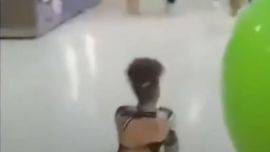








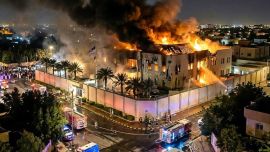
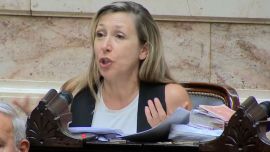
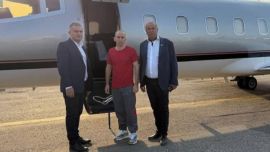

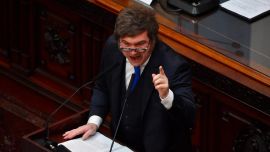
Comments